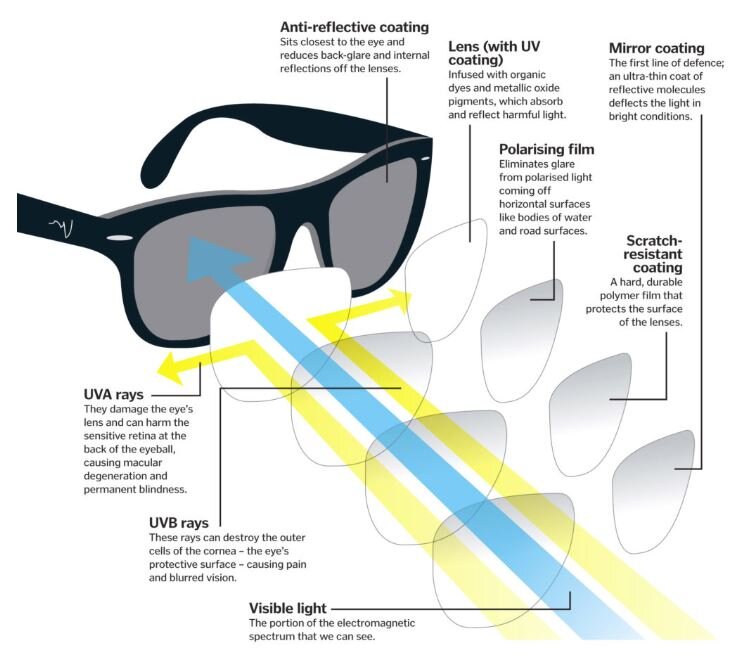Healthy Boating and Sailing
Optimize Your Health & Performance on the Water
Let’s face it, we all want to be healthy. But on the water, while boating or sailing, our health is constantly being challenged. And if our health is compromised, it will directly affect our performance on the water.
This book will help you optimize your health and improve your performance, whether you are boating or sailing in the bay or out in the ocean or if you are competing in your club or going out for a solo adventure.
After reading this book, you will understand your body and how you can improve your health and performance on the water. We are all unique and must learn the secrets of our own bodies to learn how we can adapt to the stresses of the nautical environment. Once we recognize these stresses and how they affect us, we will be able to stay healthy and perform at peak efficiency on the water.
Healthy Boating and Sailing covers all aspects of life on the water, including:
Seasickness · Cold weather sailing · Sailor’s skin · Infectious diseases · Nutrition · Accidents and injuries · Psychology — solo and group behavior · Sound and navigation · Heat and dehydration · Hazardous marine life · Vision on the water · Exercise · Sleep · Sports psychology



















